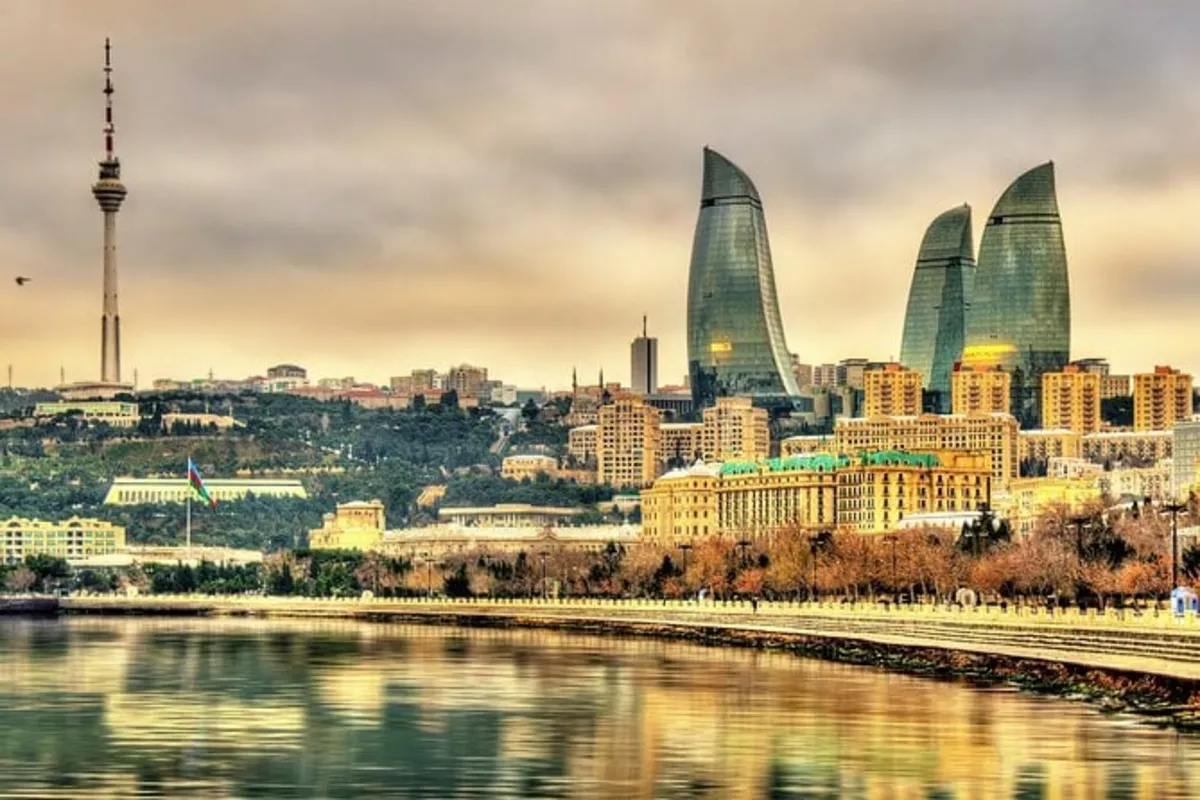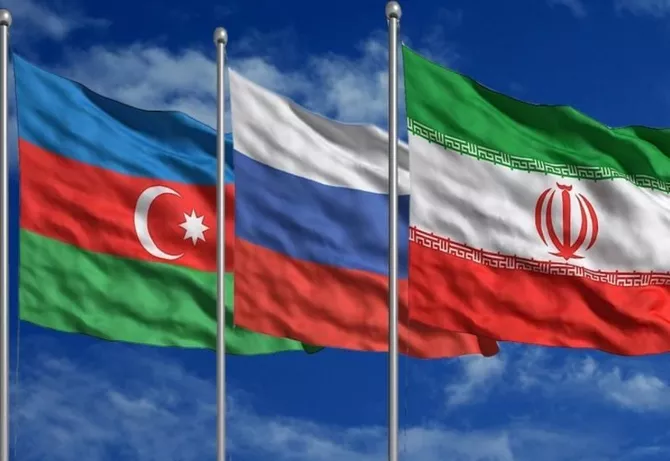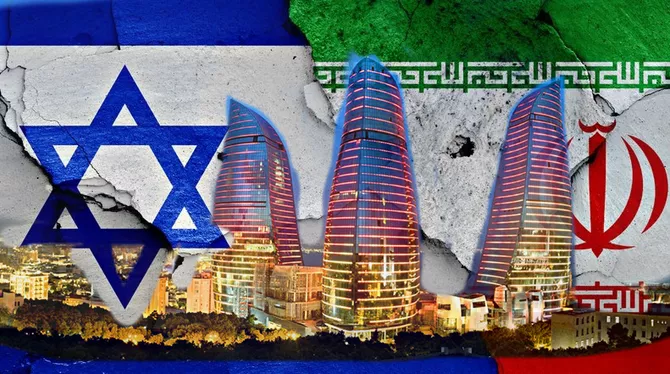
On the night of June 12-13, what had long seemed inevitable finally occurred: the armed conflict between Iran and Israel shifted from the shadows of political threats into open warfare.
Suddenly, the international community-gripped by fears of another “great war”-realized that the epicenter of strategic equilibrium had once again shifted to the South Caucasus. And at the heart of global attention stood Azerbaijan, a nation increasingly seen as shaping the trajectory of regional developments.
Recent events have reaffirmed Azerbaijan’s unique geopolitical architecture. It is currently the only country in the world that borders both of the warring powers-Russia to the north, and Iran to the south. The geographic axis of tension, stretching from Kherson to Khuzestan, intersects at a single point: Baku. Yet, unlike nations caught in the turbulence of political crises, Azerbaijan is not showing vulnerability-it is demonstrating strategic resilience.
is defined by a set of unprecedented factors. A country that endured decades of occupation and armed conflict has, in the 21st century, achieved a comprehensive and unequivocal victory-both diplomatically and militarily. The Karabakh conflict, once considered frozen, was resolved in accordance with international law and the principle of territorial integrity. This outcome sent a strong signal to the world: political will and strategic consistency can prevail even in the most protracted conflicts.
Azerbaijan occupies a geographically unique position between two historic and civilizational giants-Russia and Iran. But rather than merely seeking survival in the shadow of great powers, Baku has leveraged its position as a platform for peacemaking, pragmatic diplomacy, and targeted humanitarian action. This approach has allowed Azerbaijan to become a recognized and trusted partner to a broad spectrum of power centers-from the EU and the Islamic world to Central Asian nations, Israel, and the United States.

With the outbreak of hostilities on Iranian territory, Azerbaijan immediately became a vital humanitarian corridor. It facilitated the safe evacuation of Russian cultural figures, European diplomats, and civilians-demonstrating not only technical capacity but institutional readiness to ensure security in a time of regional crisis. Only a country that enjoys political credibility and trust from all sides can play such a role.
At the same time, official Baku sent a clear message to the international community: Azerbaijan’s territory will not be used by third countries to conduct military operations. Despite efforts to drag the country into anti-Iranian rhetoric, Azerbaijan has consistently upheld the principle of respecting national sovereignty-a stance that was formally communicated to Tehran. In a moment when even traditional allies have begun to test each other’s nerves, Azerbaijan has maintained a posture of neutrality-combining strategic caution with firm adherence to its international commitments.

Another indication of the maturity of Baku’s foreign policy was the confidential communication sent to Israel-a key partner in security, technology, and healthcare. Through back channels, Azerbaijan stressed the inadmissibility of strikes on civilian targets within Iran, particularly in cities and towns historically populated by Azerbaijanis. In doing so, Baku reaffirmed its commitment to international humanitarian law. This was not only a courageous political decision but a demonstration of Azerbaijan’s ability to balance diverse partnerships without compromising its principles.
However, the accumulation of political capital often invites resistance. The growing wave of accusatory narratives aimed at Azerbaijan from certain political and media groups-even in countries traditionally considered allies-reflects the natural pushback from defenders of the old status quo. The higher Baku’s standing rises in the global order, the more discomfort it causes those who once viewed the South Caucasus as a zone of unchecked influence.
This dissonance will become even more pronounced once the current confrontation between Iran and Israel subsides. The world will be forced to take stock: who upheld principles during a crisis, and who traded strategic partnerships for short-term accusations. Azerbaijan is already demonstrating that diplomacy must be grounded in institutions, not emotional outbursts. That is the essence of modern political maturity-maintaining balance at the epicenter of catastrophe, without yielding to fear or pressure.
Against the backdrop of an extremely complex geopolitical configuration-from the escalating conflict in Eastern Europe to instability in the Persian Gulf-Azerbaijan is emerging as both a transit hub and an anchor of regional balance. Baku is not a passive observer but an active, independent player in a system where credibility cannot be bought-it must be earned. And that is precisely why Azerbaijan’s voice is being heard, even as others are lost in the echo of international discord.
Share on social media